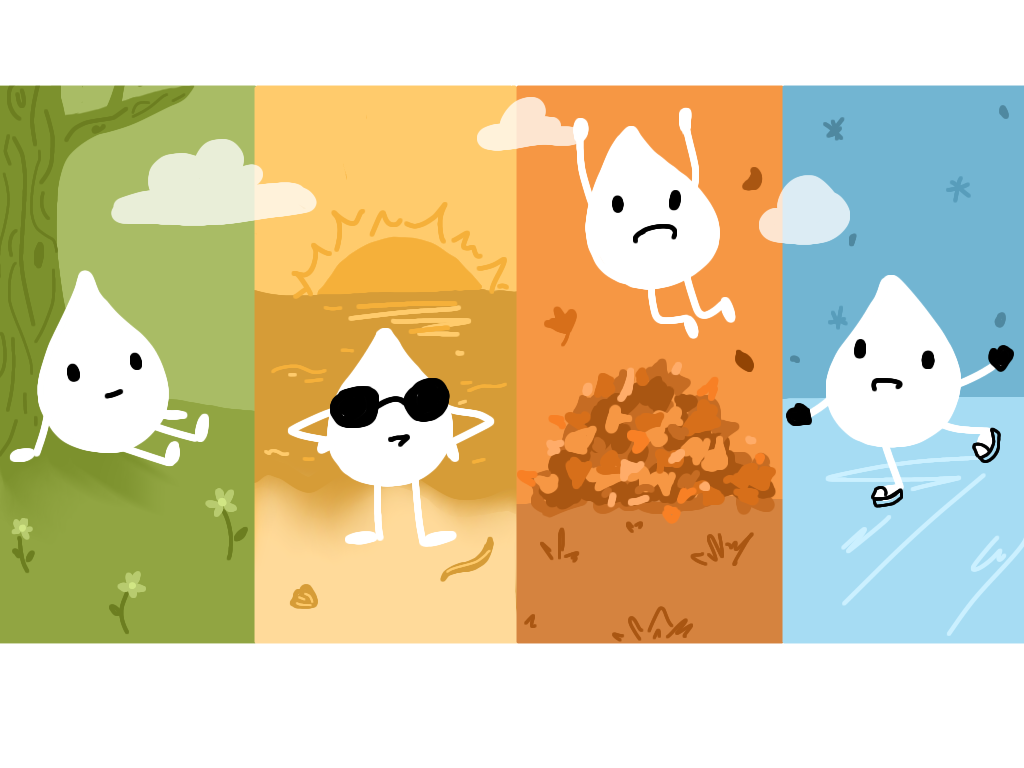Over the course of the ongoing presidential election, a trend has emerged on the Internet centered around creating humorous captioned images, commonly called “memes,” of candidates and other prominent figures. After their creation, the memes are often posted on social media websites such as Twitter, Facebook and Reddit. Then, if they become popular enough, these memes have the potential to become viral and spread rapidly.
Candidates may be subject to “meme-ification” for a variety of reasons, both benign and malicious. Hillary Clinton is generally targeted for her email predicament and recent “I’m not kidding, Maddi” fundraising gaffe, while Ted Cruz is usually lampooned because of his odd face. Marco Rubio is often compared to a robot because of his unfortunate repetition of a single phrase in a New Hampshire Debate and Ben Carson is criticized for his tired demeanor. Bernie Sanders, however, often avoids harsh treatment because of his appeal to the Internet generation. Instead Sanders tends to be promoted in his memes.
But what is the purpose of the political meme? Are they simply meant for entertainment or are they actually intended to sway voter opinion? Given the fact that the production of such memes appears to continually increase as the race continues, the answer appears to be the latter, which poses potential issues for voters.
Election season, and the primaries in particular, are good meme material – they feature a wide array of candidates giving speeches in a context that nearly everyone can understand and thus subsequently make into memes. The media has covered these political events for months, and to people who are tired of such exhaustive coverage a short, humorous and easily-made meme can be a brief reprieve.
As such, it makes sense that people are now turning to memes to find out information on political candidates. Why listen to a full news broadcast to learn the differences between Sanders and Clinton when you can look at a meme that cleverly and succinctly, albeit not entirely accurately, illustrates them in a few sentences?
Though such memes are entertaining, it is important to take note of the higher stakes that come with creating a meme meant to convey information on a serious topic, such as politics. For example, people don’t tend to turn to Doge memes looking for insights into how they should vote in the next presidential election.
To reiterate, it is not the actual mediums of memes that are problematic. Rather, the problem stems from the way in which these political memes have the potential to sway voter opinion. At most, popular political memes contain three sentences, hardly enough to actually inform someone about a candidate or issue.
It is true that news and politics have become more like entertainment, especially with TV show hosts like Jon Stewart, Stephen Colbert and John Oliver. However, such shows use jokes as a tool to make the news easier to understand and critically think on; memes simplify politics into nothing but jokes. So, the next time you see a Bernie Sanders meme remember that it’s not actually communicating valuable, substantive political information, no matter how particularly dank it may be.
Chaz Mayo ’18 ([email protected]) is from Rice Lake, Wis. He majors in theater.
Madisen Egan ’19 ([email protected]) is from St. Paul, Minn. She majors in English and biology with concentrations in film studies and media studies.


